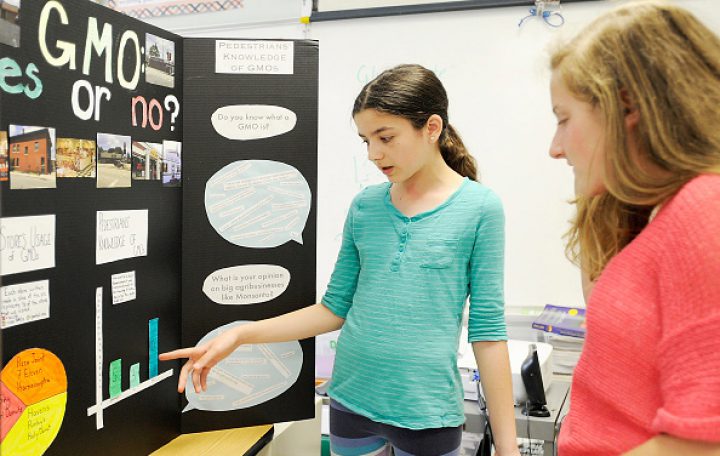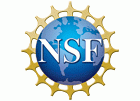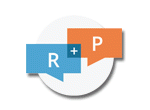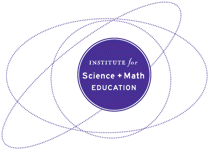Addressing controversial science topics in the K-12 classroom

Why It Matters To You
- Teachers can help students understand how science learning is relevant to topics of social importance, including topics that are controversial inside and outside the scientific community.
- District Staff & PD Providers should provide opportunities for teachers to discuss and develop strategies that facilitate considered integration of controversy into science teaching.
- School Leaders should support teachers in engaging students in examining controversial topics and learn about tensions likely to come up.
What Is The Issue?
Controversy is a core part of the scientific enterprise. As citizens, we must constantly navigate different perspectives and make sense of conflicting arguments on issues that impact our everyday lives. However, in our schools we have often been reluctant to engage students in the examination of controversial topics in science. Being able to reason about and act on controversial science topics is fundamental to being scientifically literate. Learning how to teach such topics will help ensure that students are equipped to participate fully in our democracy.
Authors:
DEB MORRISON, PHILIP BELL, JEANNE CHOWNING & ELAINE KLEIN - FEBRUARY 2017
Reflection Questions
- What science topics are controversial in your community? Are they scientific or social-scientific controversies?
- How can you surface students’ initial ideas of controversial issues, particularly those related to their personal values? Have you created a classroom culture where it is safe to share ideas that may be contentious?
- Can you learn from colleagues who teach controversies in ELA or social studies? How do they diffuse tensions that arise?
Things to Consider
- Science necessarily involves different kinds of controversy. Scientific controversies are disputes that unfold within the scientific community (e.g., as competing hypotheses are explored). Scientific understanding progresses through reasoned skepticism, argumentation, debate, and working towards consensus knowledge. Scientists also develop knowledge about topics that can be socially controversial. Social-scientific controversies may occur as individuals disagree about which scientific topics are important to pursue, what methods should be used, and how scientific knowledge should be applied. These topics require both scientific understanding and an acknowledgment of the different values and ethical perspectives stakeholders bring to the decision-making process.
- Some social controversies involve science but are not broadly contested in the scientific community (e.g., how species evolve, global climate change). These controversies can result from a limited understandings of how science is conducted. For example, when scientists exhibit healthy skepticism by acknowledging the tentativeness of conclusions or the importance of being open-minded in the face of new evidence, members of the public may interpret this as scientists not having “proven” something unequivocally. This could also include everyday perceptions of scientific knowledge as fixed rather than dynamic over time.
Attending to Equity
- Choosing not to teach about controversial topics can create educational inequities because some topics are socially controversial but remain central to scientific literacy.
- Case studies that reveal the human face of controversy can promote the salience and relevance of learning, and can help students understand the varied perspectives and positions different stakeholders bring to those topics.
- Students from non-dominant communities can be deeply engaged in science learning through personally relevant topics—many of which are also controversial. A pedagogical approach focused on finding real-world solutions to controversies can help students feel empowered rather than disillusioned by their increased scientific understanding.
Recommended Actions You Can Take
- Separate the scientific and social dimensions of a controversy. Students should know that topics such as climate change are not contested in the scientific community, but it is important to engage socially controversial aspects of the topic. Explore resources from the National Center for Science Education, the National Park Service, the National Institutes of Health, and Flinders University.
- Ensure that students understand the science behind a given controversy. For example, discussion about the use of a particular technology or scientific application (nuclear energy, GMOs, or stem cells) should build on an understanding of the underlying science.
- Highlight the central role evidence-based argumentation plays in helping scientists resolve controversies within their community. Clarify how science is different from other ways of knowing (e.g., distinguish between scientific reasoning and opinions/beliefs).
- Establish norms for discussing a controversy and use structured discourse strategies (like Structured Academic Controversy). Consider providing decision-making frameworks, argumentation scaffolds, and language for students to express their stances.
ALSO SEE STEM TEACHING TOOLS
STEM Teaching Tools content copyright 2014-22 UW Institute for Science + Math Education. All rights reserved.
This site is primarily funded by the National Science Foundation (NSF) through Award #1920249 (previously through Awards #1238253 and #1854059). Opinions expressed are not those of any funding agency.
Work is licensed under a Creative Commons Attribution-ShareAlike 4.0 Unported License. Others may adapt with attribution. Funded by the National Science Foundation (NSF). Opinions expressed are not those of any funding agency.


 Email Feedback
Email Feedback


